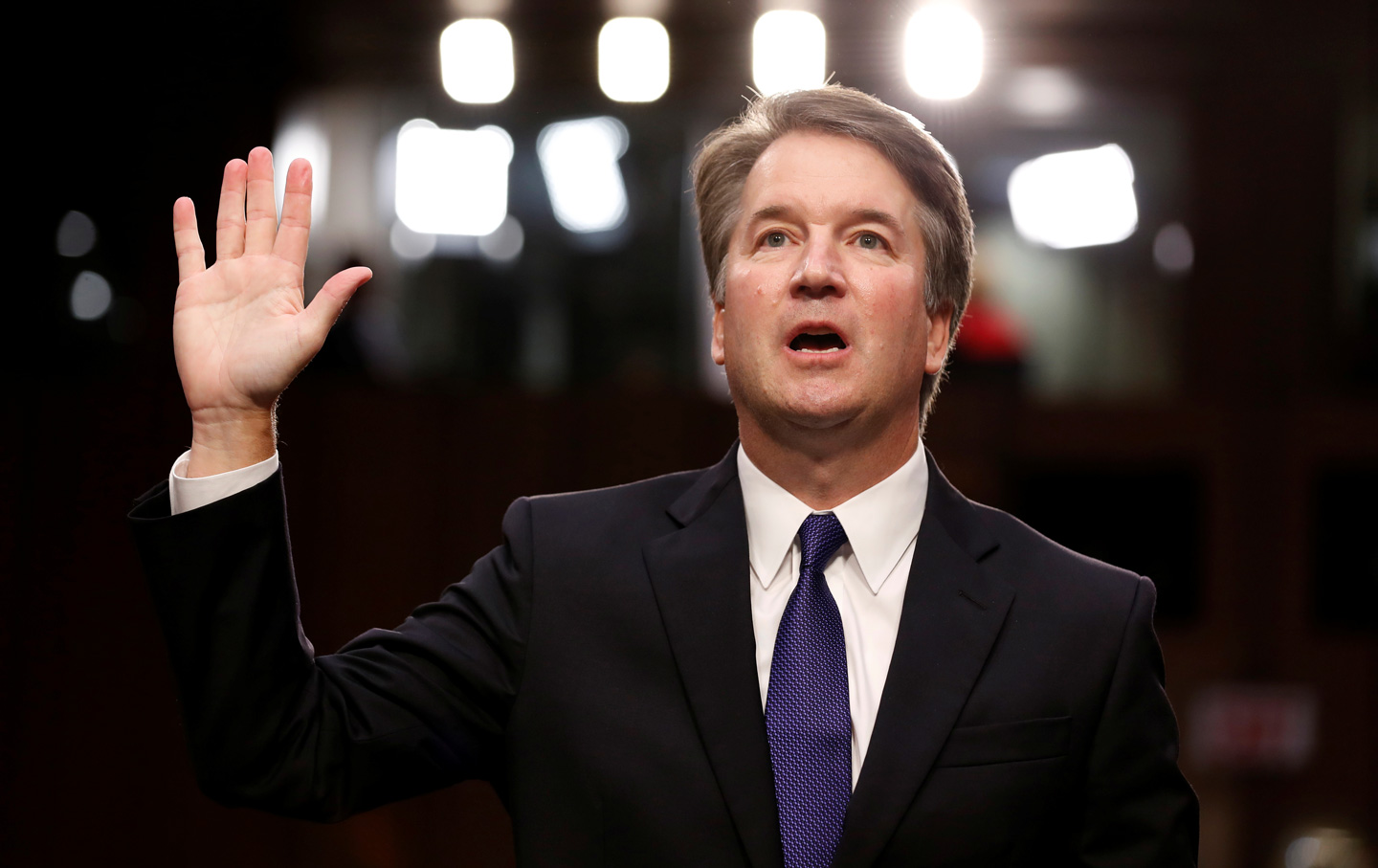
Brett Kavanaugh’s course to becoming the 102nd Justice of the Supreme Court was by no means a simple feat. Arguably one of the dirtiest, most arduous, and contentious confirmations in US history, the result was a huge boost for Donald Trump and the Republican party, who will be reassured to see a more conservative court promoting their positions on social and political issues.
With the ability to strike down or uphold laws, the make-up of the Supreme Court is imperative for both political parties. Democrats favour ‘loose-constructionist’ judges, who view the US constitution as an evolving document, whereas Republicans prefer ‘originalists’ or ‘strict-constructionists’, who view the constitution formalistically, not subject to judicial activism. So far, Trump has replaced two judges with strong conservatives – Neil Gorsuch, and Brett Kavanaugh. However, whilst Gorsuch replaced a strong conservative, Kavanaugh replaced Anthony Kennedy, a softer conservative who was often the swing vote on contentious issues, voting with liberals on gay marriage and abortion. With Kavanaugh in his place, the court has shifted to a clearer 5-4 conservative-leaning court, concerning progressives who believe he will erode established social rights.
Democrats fear that Kavanaugh’s inauguration threatens the legalisation of abortion established in Roe v Wade as Kennedy has voted for abortion rights on a number of occasions. While Kavanaugh, a devout Catholic, has not encountered abortion case law during his judicial career, Trump was determined to appoint a pro-life judge and thus would have questioned Kavanaugh on his stance. However, earlier this year, Kavanaugh sided with liberal judges in refusing to review lower court decisions that banned certain states from denying Planned Parenthood Medicaid funding, possibly signalling sympathy towards abortion rights. Progressives have cautioned that the decision was based on procedural matters and that Kavanaugh may instead be trying to keep a low profile early on in his tenure following his contentious confirmation fight.
Although Kennedy wrote the majority opinion to legalise same-sex marriage in Obergefell v Hodges in 2015, it is unlikely that the replacement of Kavanaugh’s will threaten court recent precedent after three years. Instead, the court is more likely to focus on religious liberty, which Kavanaugh has defended on numerous occasions, such as voting against the federal government’s mandate for religious employers to cover contraception for employees. This, alongside Kavanaugh’s Catholic beliefs, may suggest that in ‘religious refusal’ cases the court will lean towards religious freedom, continuing what progressives label as ‘the right to discriminate’. Kennedy, despite voting for religious freedom in the recent ‘gay cake’ case, reaffirmed protection for gay rights, stating that religious liberty cannot always prevail in every case. With the Kavanaugh’s inauguration, the court may go further in future similar cases, explicitly stating that religious freedom is protected by the first amendment.
Trump’s motive for nominating Kavanaugh however, may be one of personal protection. Under investigation by Robert Mueller for coordinating with Russia during the 2016 campaign, Trump could potentially be subpoenaed to testify regarding his role. Whether Mueller is able to do this will most likely depend on the Supreme Court, and it comes as no surprise that Kavanaugh dislikes criminal investigations into sitting presidents. As a former Staff Secretary to George Bush, Kavanaugh is a fervent believer in executive power, once arguing that the court’s ruling to release the Watergate tapes may have been “wrongly decided”. It is likely therefore that Kavanaugh will prove to be a lifeline for Trump in his determination to prevent further investigation into his activities.
Yet, Kavanaugh may not be the Democrats’ greatest concern. With two liberal justices, Ruth Bader-Ginsburg (85) and Stephen Breyer (80) nearing the end of their careers, a Trump re-election and retention of the Senate in 2020 could give the president the opportunity to entrench the conservative nature of the court for decades, thanks to judicial life tenure. As the majority of Senate seats up for re-election are Republican, Trump will need to carry his party to success if he wishes to further solidify the bench.
In the meantime, while Kavanaugh’s legacy is yet to be known, Republicans will be relieved that “Reagan’s worst mistake” in nominating Anthony Kennedy has been rectified, and that conservative interests remain dominant in the highest court of the land.
This article was written in December 2018 and originally published in The 2019 Dicta Magazine.